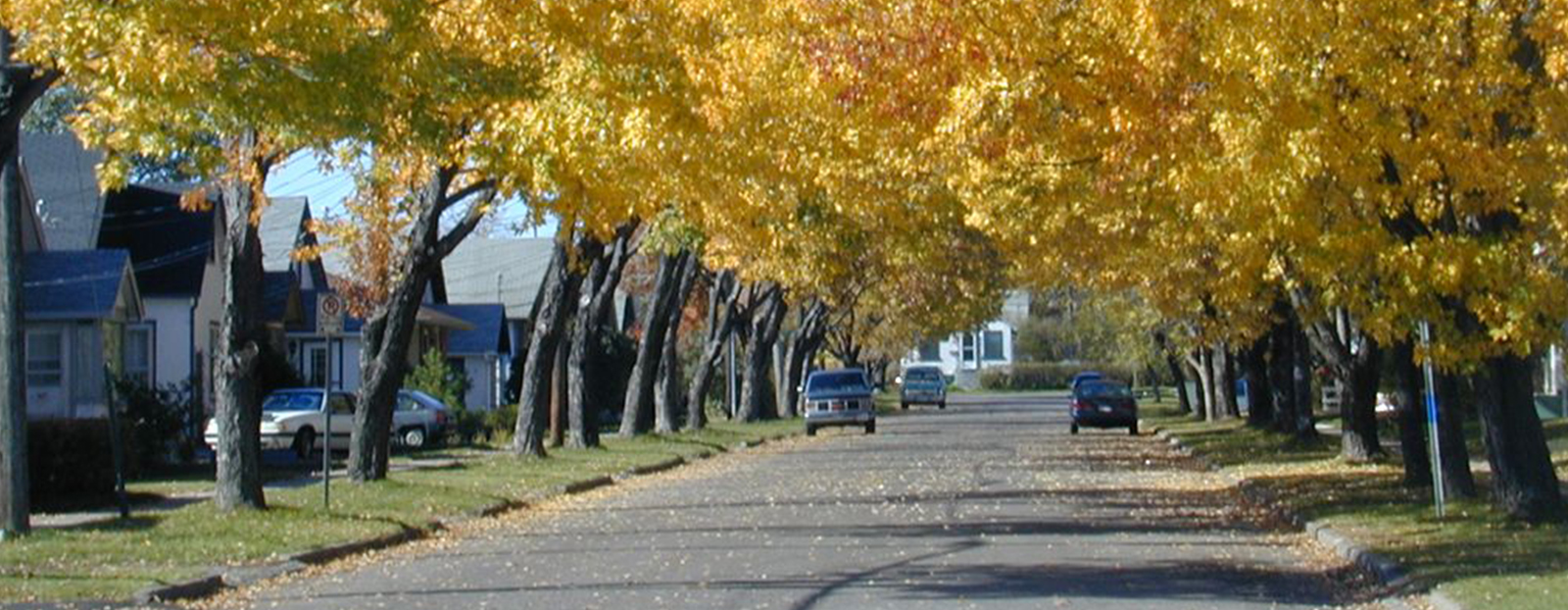The EarthCare Advisory Committee of Council’s role is to guide the implementation of the Net-Zero Strategy and the Climate Adaptation Plan, and to act as an advisory committee of Council. The Committee meets monthly, and their minutes are reviewed by City Council on a regular basis.
Current EAC Members:
- Keira Essex, Citizen (Chair)
- Shannon Costigan, Citizen (Vice-Chair)
- Councillor Andrew Foulds, City of Thunder Bay
- Taylor Munro, Citizen
- Sandra Stiles, Citizen
Interested in getting involved?
EarthCare Advisory Committee meetings are open to the public and posted on the City of Thunder Bay’s Online Community Events Calendar. For more information, contact the Office of the City Clerk at 807-625-2230.
Add your voice and make a difference. You are welcome to apply to become a member during the application intake window from March 26, 2025 to April 14, 2025.
Contact Us









